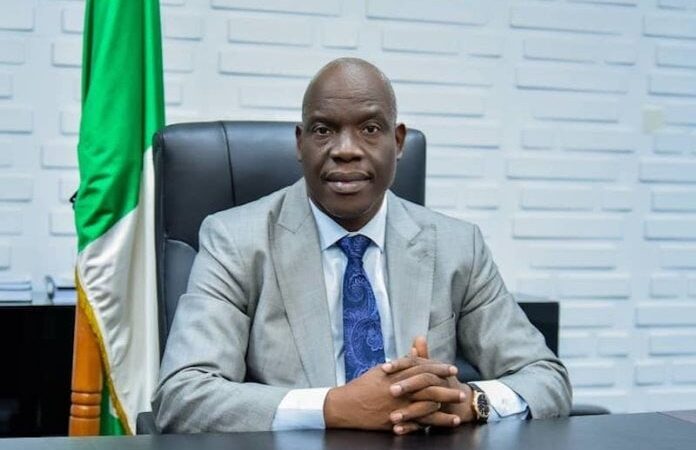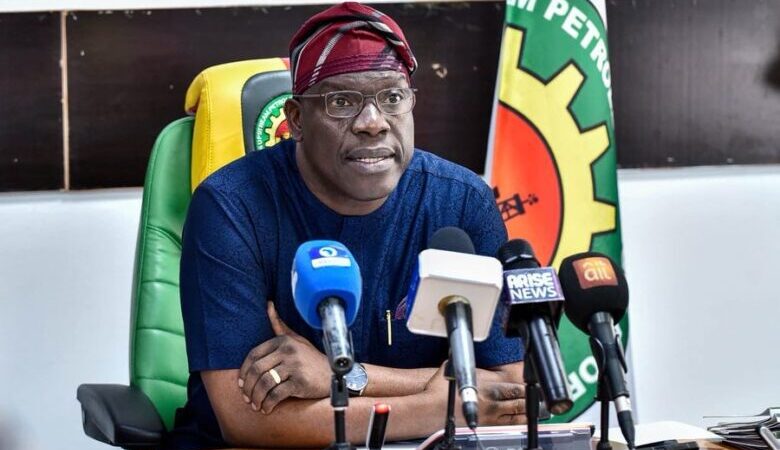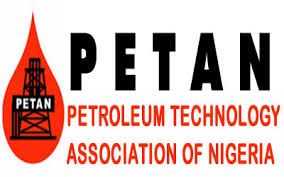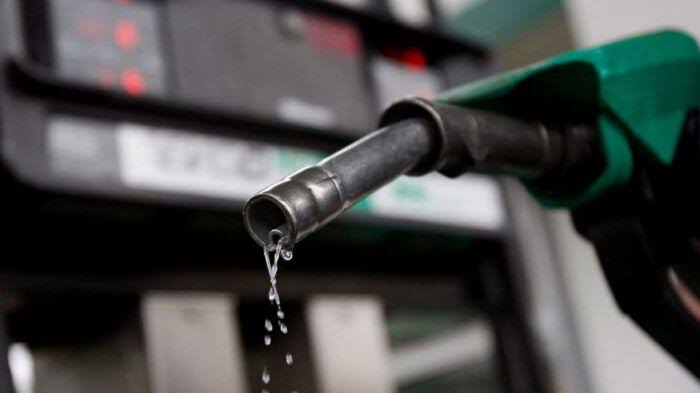NUPRC Fine Tunes Policy Frameworks To Enhance Shallow, Deepwater Oil Fields Growth
 The Nigerian Upstream Petroleum Regulatory Commission (NUPRC) is working on policy frameworks and operational mechanisms to valorise stranded or marginally economic oil & gas resources through joint development strategies.
The Nigerian Upstream Petroleum Regulatory Commission (NUPRC) is working on policy frameworks and operational mechanisms to valorise stranded or marginally economic oil & gas resources through joint development strategies.
The Commission said through an industry-wide implementation vehicle it will implement core initiatives to drive positive industry actions and imperatives.
In his opening remarks at the opening of the 48th National Annual International Conference and Exhibition (NAICE) hosted by the Society of Petroleum Engineers (SPE) Nigeria Council, in Lagos on Monday, the Chief Commission Executive (CCE) of the NUPRC, Gbenga Komolafe, said deliberate actions have been carried out to develop a workable strategy to foster cluster development in the shallow and deepwater fields.
Komolafe, who was represented by Mr.Enorense Amadasu, Executive Commissioner, Development and Production in the Commission, said the agency is pursuing the Project 1 Million Barrels of Oil Per Day (MMBOPD) Incremental initiative with modest gains recorded owing to the multi-stakeholder collaborative approach adopted.
According to him, this year’s edition with the theme, “Building a Sustainable Energy Future: Leveraging Technology, Supply Chain, Human Resources and Policy,” captures the critical elements that must converge for the upstream sector to remain viable and aligned with global trends.
As the Upstream Industry regulator, he said the Commission’s responsibility goes beyond compliance, saying “We are focused on enabling a stable, efficient, and forward-looking upstream sector, one that balances the imperatives of energy security, environmental responsibility, and economic sustainability.”
The CCE, identified technology as central to enabling a dynamic and vibrant industry. Today, we are witnessing a shift in exploration, development and production methods anchored on technological transformation.
To make progress, the Commission, is promoting technology adaptation and sanctioning novel technologies in all areas of E&P – from traditional operations to innovative approaches for decarbonisation and emission reduction, he said.
By the same token, the NUPRC has embraced technology in its regulatory operations to enhance service delivery, improve turnaround time and rejig its business process.
These are not just technical upgrades; they are part of the agency’s broader effort to entrench transparency, promote accountability and reduce costs – all geared towards enabling industry growth and vitality.
Similarly, the NUPRC recognizes the fact that a reliable and vibrant supply chain is critical for reducing lead times, lowering costs, and strengthening national capacity, and has therefore taken deliberate steps to create a regulatory environment that supports the growth of service companies, both international and indigenous.
The approach to regulatory enablement is geared towards domestication of technology, promoting local manufacturing, and enhancing overall supply chain resilience.
The Commission is also collaborating with institutions, professional bodies, and training providers to enhance skills development, promote technical excellence, and ensure that our workforce is prepared for the challenges of a low-carbon future.
“We therefore charge SPE and other industry associations to accept the challenge of manpower and contribute to repositioning the industry through targeted capacity-building and our engagement with young professionals, in consideration of the fast-evolving global energy landscape.” Komolafe added.
Since the enactment of the Petroleum Industry Act, 2021 (PIA), he said the Commission has so far gazetted twenty-one (21) key regulations, with others at various phases of development.
These regulations provide the clarity required to support investment, streamline administration, and align upstream operations with national and global priorities.
He disclosed that Nigeria crossed the 1.8 million barrels of oil per day (MMBOPD )mark on peak production last month, with average production hovering at 1.78 MMBOPD.
“As part of our commitment towards sustainable production, the Commission is optimising the Maximum Efficient Rate (MER) framework, addressing produced water management, and aligning operational shutdowns and turnaround maintenance schedules to ensure minimal production disruptions. Given the above and with the concerted efforts of all, the presidential mandate on production increase is well within reach. “ he said.
On another breadth, the NUPRC is implementing the Upstream Oil & Gas Decarbonisation & Sustainability Blueprint anchored on seven (7) critical pillars to signal direction for the industry sustainability.
The approach is to future-proof the upstream sector and position it for investment attractiveness, sustained funding, and global competitiveness.
He therefore called on all Operators to collaborate with the Commission as it incorporates decarbonisation measures in Field Development, Facility Engineering, and Production Operations to accrue the afore-mentioned benefits.







